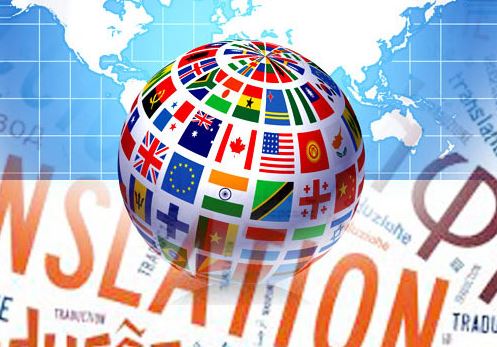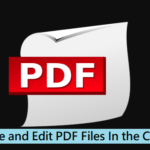Language translations used in order to communicate effectively across the globe. It has become an integral part of our world today. Effective translation has become a key factor in many enterprises in the globe.
Translation comprises more than a word translation job. There are several ways to look at it, translation is comprised of, word meaning, sentence meaning and the coherent message meaning for a whole document i.e. catalogue, webpage or even in software applications.
Art of Efficient Language Translation

Meaning therefore goes beyond word translations, what is really important is the message meaning. What are you trying to convey? If it is in business, what do your overseas business partners require from you? And what message are you passing on to your clients? You need to completely comprehend the needs and desires of the intended message and that is where the professional aspect of translation comes in.
There are several important factors to consider before you embark on the venture of language translation for your business. They are:
1. Professionalism
Professionalism in the translation sector holds the key to turning any business into a global entity. There is a certain art to it. Inaccurate translation actually leads to loses instead of increasing revenue. When meaning is lost in translation a different message other than the originally intended one gets passed on to the consumer thereby misinforming the millions of people it intends to reach.
2. Culture
Research has shown that native speakers tend to relay a message better than their counterparts. In most professional language translation centers, native speakers are preferred because they better understand the language and culture of the market. For example: in China a publication targeted at the male market or that is intended to be consumed by the male population is better advertised by a fellow man, in the united states however a woman appeals more to the male market.
3. Qualified Professionals
Apart from a native speaker of the language a well-educated professional native speaker is the best for the job.
Qualified in this case refers to area of specialty. For example if you are dealing in software products and services you need a professional who will understand the content. If it is a pharmaceutical company you must consider the professional background of the translator, they should be able to understand the product
4. Quality
Quality control is a key factor in any area you intend to be proficient in, translated documents should therefore always be reviewed by a second translator. This guarantees complete accuracy and maintains the quality and standards set by the company.
5. Technology

There are very many technological advances that have been made in the language translation sector. In order to be efficient you need to do a thorough market search to ensure that you are using and investing in the proper tools of the trade.
6. Experience
The selection process of your work force or for the professional translation company you work with should be based on experience in writing conventions of the targeted language. This should be considered to enhance the readability of the document. Writing conventions include spelling, grammar and meaning of idioms and phrases. The alphabet must also be considered in languages such as Arabic, Chinese.
At the end of the day, dedication to the art of language translation greatly improves your business, reaches a wider market for your goods and services and leads to an overall improvement of your business performance. 🙂
Join 25,000+ smart readers—don’t miss out!







1 Comment
Hi Harshil,
Nice article, currently i am working on Germany language course and hope this will be useful to me as well. Thanks for sharing the beautiful article and information !! 🙂